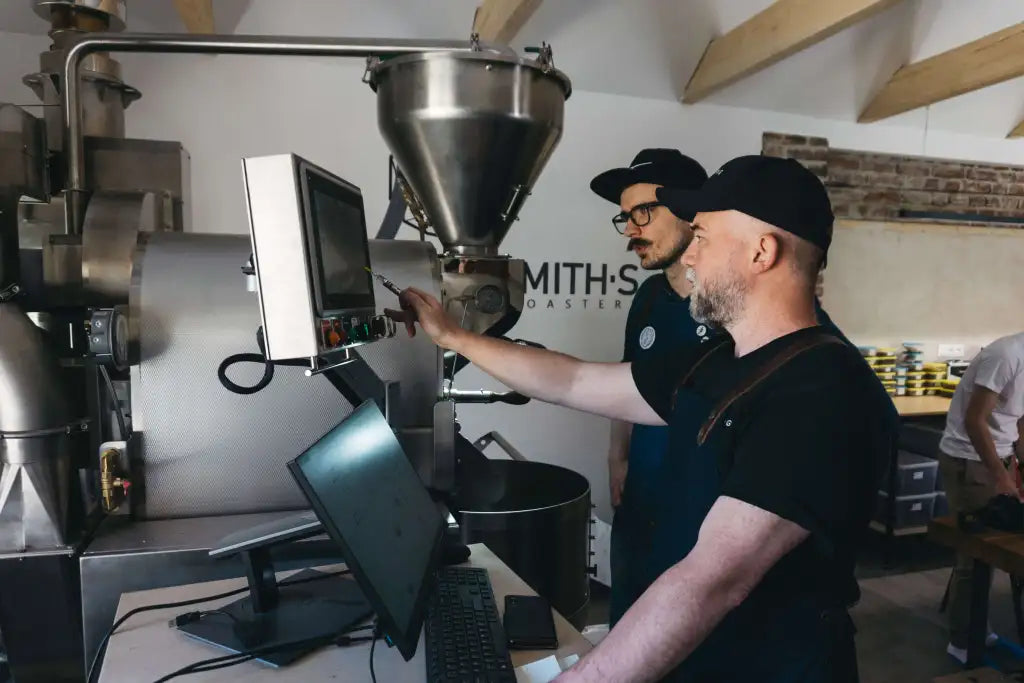Ephtah Specialty Coffee is more than a producer - it’s a catalyst for sustainable development and social change in Ethiopia’s coffee-growing regions. With a strong commitment to building transparent and collaborative supply chains, Ephtah ensures that everyone involved - from farmers to customers - benefits from the value created by each coffee lot.
A core pillar of Ephtah’s mission is the empowerment of women. Recognizing their vital role in both coffee production and community development, Ephtah actively promotes gender inclusion through programs like the Ama Commitment, which supports women farmers in accessing resources and better market opportunities.
At the heart of their operations is the Ephtah site in Lalesa, Gedeb - the largest drying site in the area spanning 2 hectares with over 200 raised beds. Coffee is sourced from smallholder farmers in the Chelichele area, where average farm sizes are just 0.5 hectares. The site employs 6 permanent staff and over 110 seasonal workers during harvest.
To ensure quality and sustainability, Ephtah vertically integrates with its suppliers, pre-financing up to 85% of the harvest. This financial support allows farmers to focus entirely on cultivation, without the burden of financial insecurity.
Ephtah invests in long-term projects that benefit farming families and their communities. A daycare center for farmers’ children is set to open in Gedeb, offering critical support to working parents. Future plans include expanding the Ama Commitment, building a water tank for improved flotation and quality sorting, and adding more drying beds to boost capacity. Additionally, Ephtah is exploring crop diversification on their land, inviting locals to grow food crops like Ensete (false banana), used to make the traditional dish Kocho, creating added food security and economic opportunity.
This lot is made up of a diverse mix of Ethiopia’s indigenous heirloom varieties - a term that encompasses hundreds, if not thousands, of unique coffee genetics passed down through generations of smallholder farmers.
The coffee is floated to remove quakers and then carefully dried on raised beds for 12–15 days under close monitoring. Final sorting is done by hand, primarily by women in the local community, ensuring only the best beans are selected. Every step in the process is designed to maximize quality and preserve the unique character of this exceptional origin.





